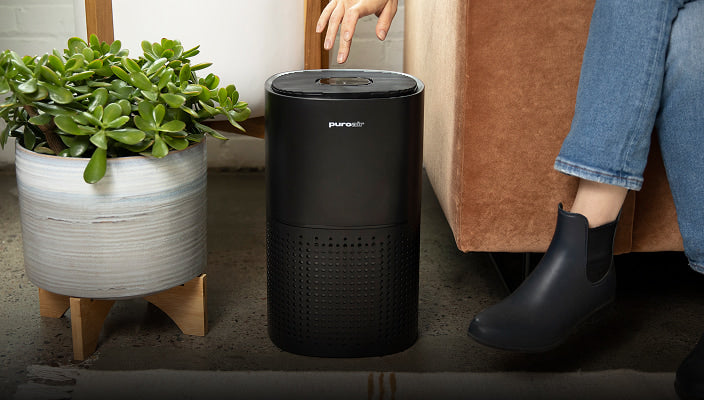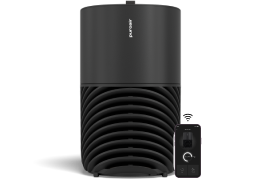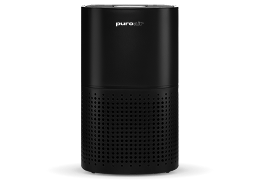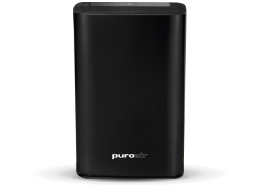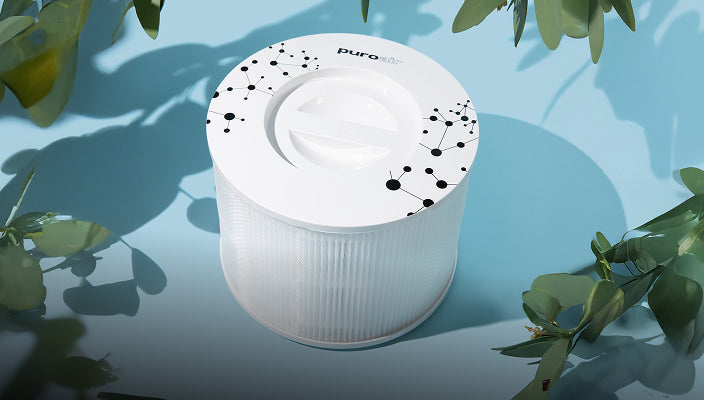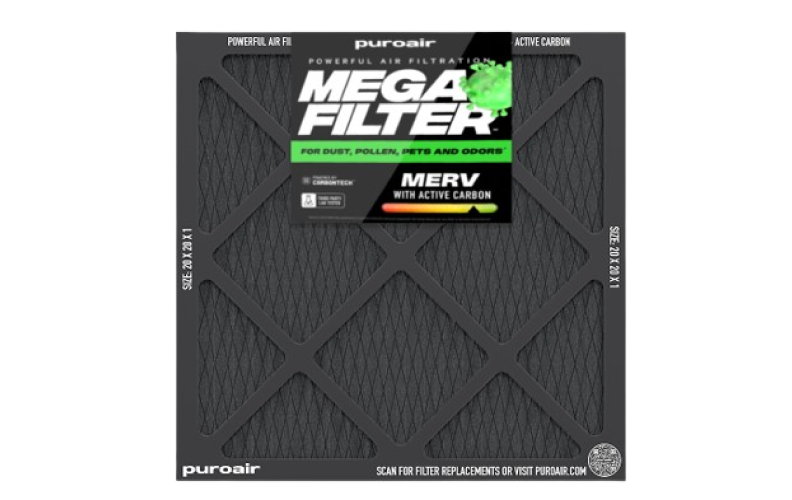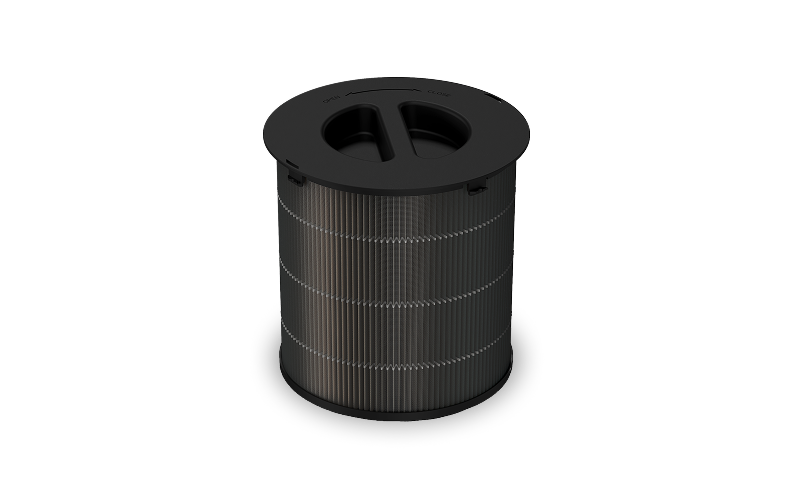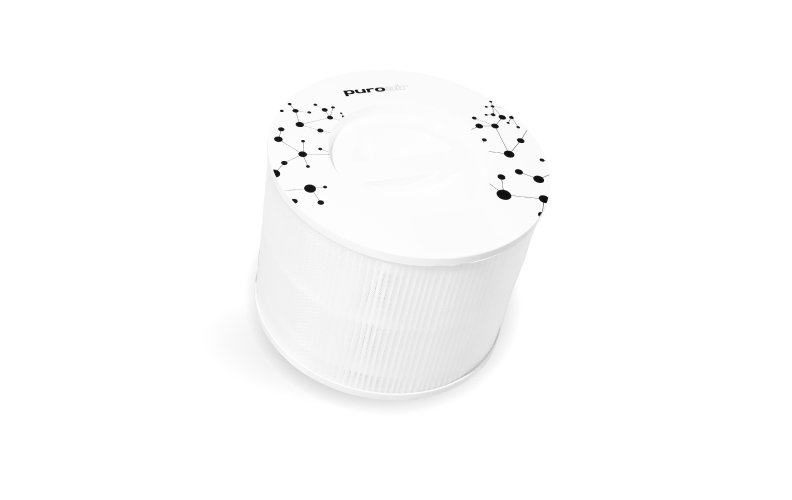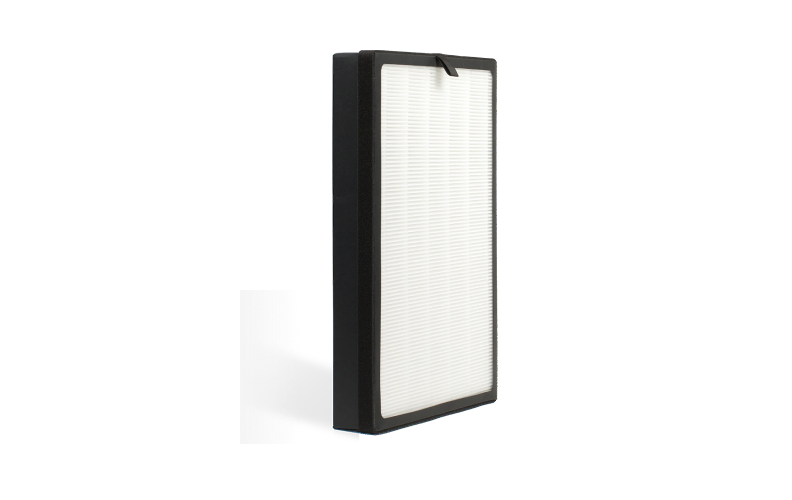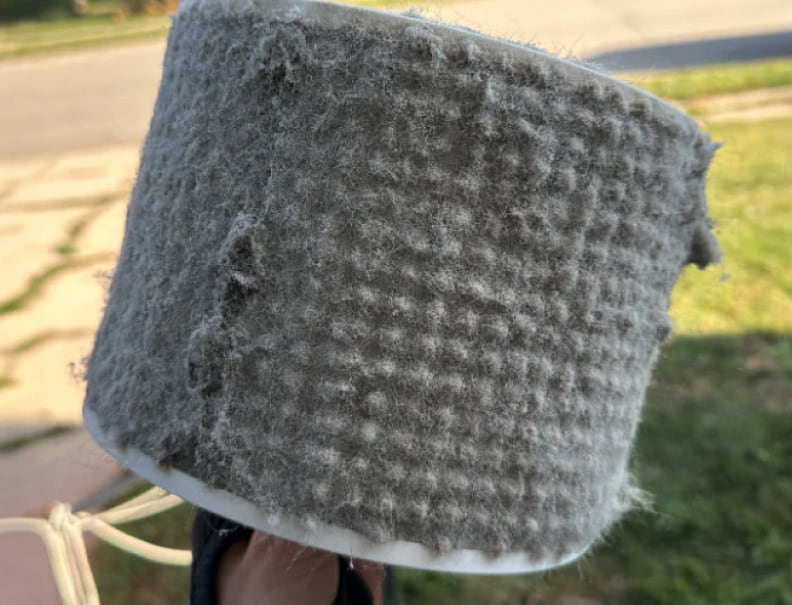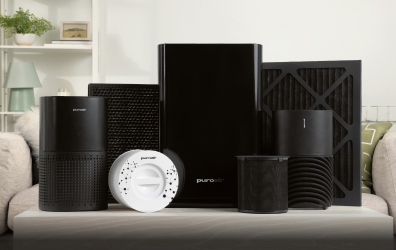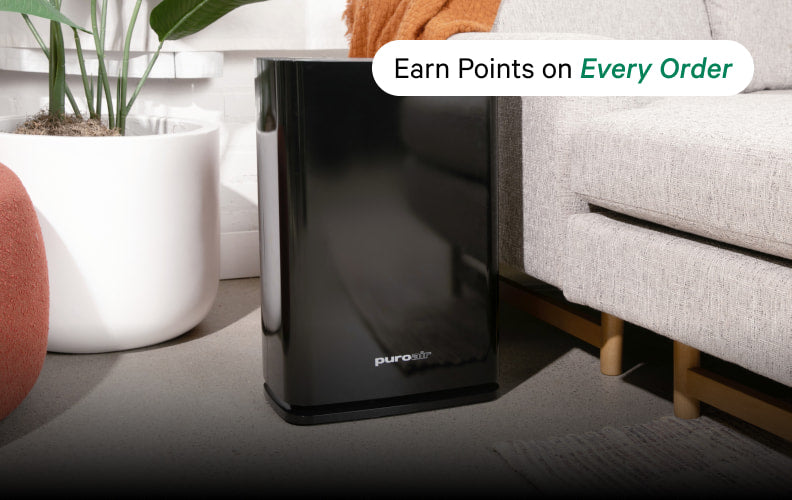When you think of hurricanes, images of uprooted trees, flooded streets, and damaged homes might come to mind. However, there's an often overlooked aftermath that could be lurking above your head—the air quality. While the immediate destruction is visible, the invisible changes that hurricanes bring to our environment can last far longer. According to the American Lung Association, "During and after a hurricane, you are at risk of coming into contact with bacteria, mold and toxic substances from damaged buildings that can make you sick."
For hurricane victims, understanding the invisible impact of these harmful substances is crucial. In the coming sections, you'll learn how recent hurricanes like Hurricane Helene and Hurricane Milton can affect air quality, the potential health risks involved, and practical steps you can take to ensure cleaner air in your home post-storm.
Do Hurricanes Affect Air Quality?
The answer isn't as straightforward as you might think. Hurricanes are immense systems of wind and pressure changes, and their influence on air quality can vary. On one hand, these storms can bring cleaner maritime air into coastal regions, temporarily improving air quality. On the other hand, the destruction they leave in their wake can release pollutants into the atmosphere, degrading the air you breathe.
Impact of Debris and Pollution
When hurricanes like Hurricane Helene attack urban landscapes, they tend to damage industrial facilities, cars, and homes, all of which can release harmful chemicals. From trapped chemicals in older buildings to hazardous waste in industrial zones, these materials find their way into the air. This makes hurricane air quality a complex issue that varies depending on the storm's path and intensity.
The Role of Moisture and Particulates
Hurricanes are also notorious for their high humidity levels. While moisture can sometimes help clear the air by bringing down particulates, it can also combine with chemical pollutants to create a cocktail of harmful substances. Thus, the question isn't just "Do hurricanes affect air quality?" but "How do they do it?" And the answers can be as varied as the storms themselves.
Steps to Take After a Hurricane
If you live in an area that is prone to hurricanes, it's important to take steps to ensure cleaner air after the storm passes. This can include clearing out any debris from your home and property, using air purifiers or filtration systems, and staying indoors until local authorities declare the air safe. It's also a good idea to monitor air quality reports and follow any recommended precautions. By taking these simple actions, you can minimize the impact of hurricane-related air pollution on your health.
Health Impacts of Hurricanes
Immediate Respiratory Concerns
The effect of poor hurricane air quality isn't limited to skyward observations. It has real-world impacts that can lead to respiratory problems. Children, seniors, and those with pre-existing respiratory conditions like asthma are particularly vulnerable. Breathing in contaminated air can exacerbate these conditions, contributing to increased hospital visits and even long-term health issues.
Psychological and Emotional Toll
It’s not just the physical health risks that are worrisome. The stress and anxiety stemming from the fear of hurricanes can weaken your immune system, making you more susceptible to the pollutants in the air. Hurricane victims often report heightened levels of stress, and this emotional toll can compound the health impacts of compromised air quality.
Mold Growth and Indoor Air Quality
In the aftermath of a hurricane, one of the significant concerns for indoor air quality is the growth of mold. The floodwaters and lingering moisture provide an ideal environment for mold to thrive, which can happen quickly and often unnoticed. Mold spores can lead to various respiratory problems and allergic reactions, particularly in individuals with asthma or weakened immune systems. To mitigate mold growth, it's essential to dry out your home as soon as possible. This includes using dehumidifiers, removing wet materials like carpets and furniture, and cleaning the air with an air filtration system. Regularly inspecting areas prone to moisture, such as basements and bathrooms, can also help to stop mold development. By actively combating mold growth, you can maintain a healthier indoor environment and reduce the associated health risks.
Long-term Effects to Watch For
It's easy to focus on the immediate aftermath of hurricanes, but the long-term effects shouldn't be ignored. Studies have shown that frequent exposure to poor air quality can lead to chronic respiratory diseases, cardiovascular issues, and even cognitive decline. These potential long-term impacts make it all the more important to understand and mitigate the risks associated with hurricane air quality.
How an Air Purifier Can Help Clean the Air in Your Home After a Hurricane
The Basics of Air Purifiers
In the battle against poor air quality, air purifiers stand as one of your best defenses. These devices work by drawing air through a series of filters, trapping pollutants and releasing cleaner air back into your home. While they can't reverse the damage a hurricane might cause, they can play a crucial role in improving your indoor air quality.
Choosing the Right Purifier for Hurricane Air Quality
Not all air purifiers are created equal, especially when it comes to dealing with the diverse types of pollutants introduced by hurricanes. Look for models like the PuroAir 130i, PuroAir 240 or the PuroAir 400 that are made with HEPA filters, which are designed to filter small particles. For hurricane-prone areas, investing in a quality air purifier is a wise decision.
Practical Tips for Effective Use
To maximize the effectiveness of an air purifier after a hurricane, ensure it’s placed in the rooms where you spend the most time. Keep doors and windows closed to block outdoor pollutants from entering. Regularly replace or clean the filters to maintain optimal performance. Consider replacing your standard HVAC filter with a high efficiency MERV 13 home air filter. By taking these simple yet effective steps, you can make a significant difference in the quality of air your family breathes.
Conclusion
While the danger of hurricanes is evident in their powerful winds and torrential rains, it's essential to recognize the less visible threats they pose. From Hurricane Helene to Hurricane Milton, these storms can have a lasting impact on air quality and, by extension, your health. Understanding these risks and taking proactive measures, such as using air purifiers, can help mitigate their effects.
Whether you're in the direct line of a hurricane or not, learning about its hidden threats prepares you for what comes after the storm. The challenges are many, but with the right knowledge, tools, and a high quality air filter, you can breathe a little easier.

